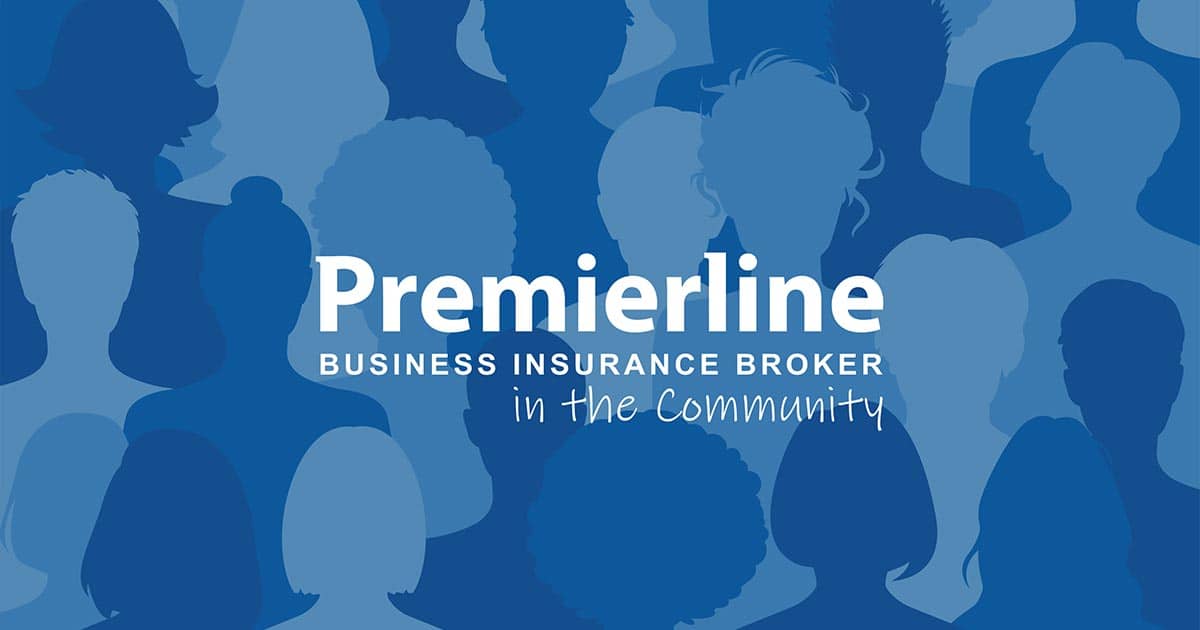How to protect your business from ghost insurance brokers
Understanding ghost insurance brokers
The dangers of dealing with ghost insurance brokers
Dealing with ghost insurance brokers can have severe consequences for your financial well-being. Ghost insurance brokers often sell fake or non-existent insurance policies which can leave policyholders without coverage when they need it the most, leaving them vulnerable to financial ruin in case of an accident, illness, or other insured events.
When you engage with these fraudulent entities, you may be required to provide personal and financial information. Ghost insurance brokers can misuse this data for identity theft, fraud, or other criminal activities ultimately putting your privacy at risk.
Even if you receive an insurance policy from a ghost broker, there's no guarantee that your premiums will be forwarded to the actual insurance company. This means you could be paying for coverage that doesn't exist.
If an insurer must cancel a policy because of ghost broking, the victim of the scam may have to disclose in the future that they have had an insurance policy cancelled, this could lead to higher premiums and difficulties finding the right insurance cover in the future. It’s also worth noting that if you're caught dealing with a ghost insurance broker, you might face legal consequences for participating in fraudulent activities unknowingly in extreme circumstances.
Spotting ghost insurance brokers
To protect yourself from falling victim to ghost insurance brokers, it's essential to be vigilant and know how to spot the warning signs. Legitimate insurance brokers should be regulated by an appropriate regulatory authority. Reputable brokers also often have affiliations with well-known insurance companies. Check whether the broker is associated with established insurers and a regulator such as the Financial Conduct Authority before you proceed to get a quote from them.
Do some due diligence, look up the broker's name and company online. Read reviews and testimonials from previous clients to gauge their credibility. Remember, if an insurance deal seems too good to be true, it probably is. Ghost insurance brokers often lure victims with offers of exceptionally low premiums or guaranteed coverage, which is usually a red flag that should be taken very seriously.
Be sure to check the broker's website carefully. Look for inconsistencies, such as typos, grammatical errors, or unprofessional design. Legitimate brokers invest in their online presence. You should also verify their contact information, including a physical address and phone number. Be wary of brokers that only seem to have mobile telephone numbers or emails that aren’t registered to a business domain, such as gmail.com or hotmail.com addresses. Scammers may use fake or untraceable contact details. By taking the time to do your research, you could be protecting your business and its finances from falling victim to a significant scam, causing financial loss, no insurance cover and even a breach of the law.
Navigating the world of online insurance can be convenient and cost-effective, but it also comes with its fair share of risks. Ghost insurance brokers pose a significant threat to your financial future, as they operate with the intent to deceive and exploit unsuspecting consumers. By understanding the dangers, they present and learning how to spot their deceptive tactics, you can protect yourself from falling victim to their scams. Always verify credentials, research brokers thoroughly, and trust your instincts when engaging with insurance providers. Safeguarding your financial well-being should be a top priority, and avoiding ghost insurance brokers is an essential step in achieving that goal.

















